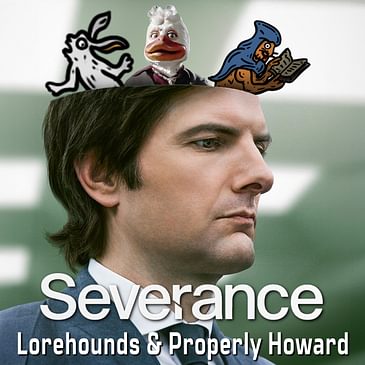Steve and Anthony discuss their most recent trip to NYC and why Anthony can't be horizontal with another man. Then they discuss Anthony's favorite episode of Severance.


Steve and Anthony discuss their most recent trip to NYC and why Anthony can't be horizontal with another man. Then they discuss Anthony's favorite episode of Severance.